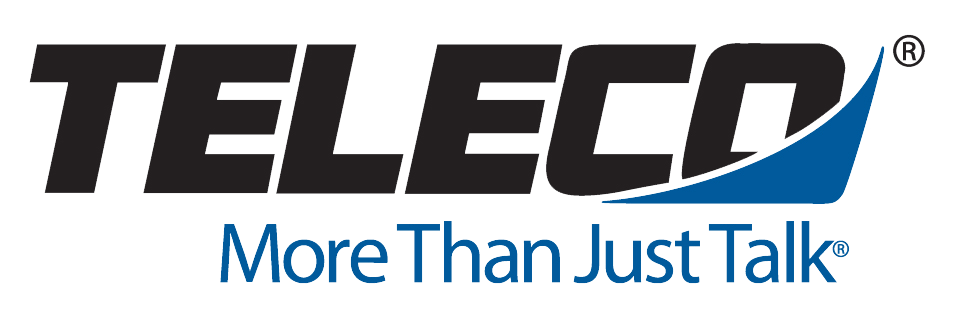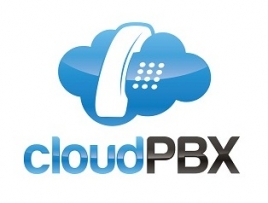Designed on different technology platforms, there are several business telephone systems types to select from. Now that you know how to choose one, all that is left is to gain a better understanding of each option. Which platform will best suit your needs?
KSU-Less Telephone Systems.
There are many telephone systems that have the same circuitry that was once housed in a KSU, which was built into the telephones. These systems are called KSU-less systems. KSU-less systems come with both cordless and corded phones. The KSU-less system is simple to install. They are also less expensive, but this means that they might not offer the same features found in systems that utilize a KSU.
Even though these phone systems are affordable, they cannot scale with your company. Typically, they on allow for 2-4 lines and offer basic, novice features. These phones do not need a central control unit, because it is built into the phone itself, which is great for office relocations.
KSU-Less systems are do it yourself retail products sold at Staples and Costco. They do not offer many features like music on hold, line privacy (someone barging into your call accidentally), transferring answered calls into voice mail, and more. They are also built to last 1-3 years. They are not commercial grade quality.
If you have a small company with less than five people that will be using your phones—and you do not plan on expanding, then a KSU-less system is a good choice. It is less expensive than other available options. It is also decentralized, which means that it is totally programmable.
A KSU-less system has comparable features to a smaller commercial telephone system. The key difference is that the communication technology is directly located inside the telephones. There is no need for direct wiring to an office unit and phones are easy to sell, replace or move during office relocation. They are not a permanent on-site investment.
There are however, some limitations with KSU-systems such as the capacity. This system will only work well when the business only needs a few phones and lines. The maximum most KSU-systems can expand to is about 8 phones and 4 lines.
A KSU-system is therefore a great investment, if you do not expect to expand past this limitation. If you do plan on growing your business past this capacity, then you will lose your initial investment as you are forced to upgrade later on.
Key Telephone System
Key Telephone Systems have been around for many years. They are used most often by small to mid-sized businesses with 50 employees or less, located in one building. Offering a variety of features that are commonly needed by small to mid-sized businesses such as intercom, privacy, long distance restrictions, automated attendant and voicemail, conferencing, caller ID and music-on-hold—just to name a few.
A Key telephone system is supported by a key service unit, also called a KSU, which delivers the basic features that you will need to conduct business. An equipment vendor installs and maintains the KSU, which is essentially the brain of your system that gives you the features you need.
These phones come with multiple buttons or keys. Lights are on display, which show the user which lines are in use at the time. To call out, simply press the button to choose the telephone company’s central office lines. You will also find buttons like hold, transfer and intercom on these phones.
Once a Key phone system is installed, they are incredibly easy to use and do not require much training. There is a one year warranty on most systems from the manufacturer, and one from the equipment vendor, for service and labor.
The one limitation of Key phone systems is that they lack the advanced features that come with other standard systems, like Unified Communications and Computer Telephone Integration—which perform operations like click to dial and screen pops.
If you only need basic features from your telephone system, and do not need to expand your employee numbers or call volume—then a Key telephone system may be what you need.
PBX System
A PBX system, also known as a “Private Branch Exchange” is commonly used by medium to large businesses with 50 employees or more. However, for a small to medium-sized businesses, PBX systems are increasingly valuable as technology develops.
PBX systems connect the internal telephones of independent organizations to the PSTN, or Public Switched Telephone Network, via trunk lines. A company that uses a PBX will need fewer outside lines than extensions, because these extensions won’t all be used at once. Extensions are any ‘end point’ used at the branch, like telephones, modems and fax machines.
They are different from your average Key system in that they automatically choose their outgoing lines, unlike Key systems that do this manually. Hybrid systems (Key and PBX) can contain features of both. A PBX system allows businesses access to flexible system design for their own individual needs—and they can be changed at any time. They are known for both simple and sophisticated features, according to your needs.
Proprietary phones are used by both Key and PBX systems, so users cannot plug other types of phones into these phone jacks. Analog equipment cannot be plugged into digital jacks. A fax machine for example, cannot be directly connected to a jack PBX. The good news is that many PBX manufacturers sell digital to analog adapters.
Plug these adapters into the digital line and you will be able to use analog equipment there, such as credit card machines and fax machines. PBX systems can be easy-to-use and advanced, which supports their complex implementation. There are basic features, like transfers, conference and hold—and advanced features like tenant service, call recording and interactive voice response, and queue groups.
While this system is usually used in businesses with 50 or more employees, it can be used on a smaller scale. They have the greatest flexibility among the business telephone system types, and can support complex additions and implementations as your business grows.
There are many advanced features on a PBX system, and all of them are customizable. Many small businesses that plan on rapid growth invest in these systems, as they can become economical over time—especially if your business grows at a steady rate.

